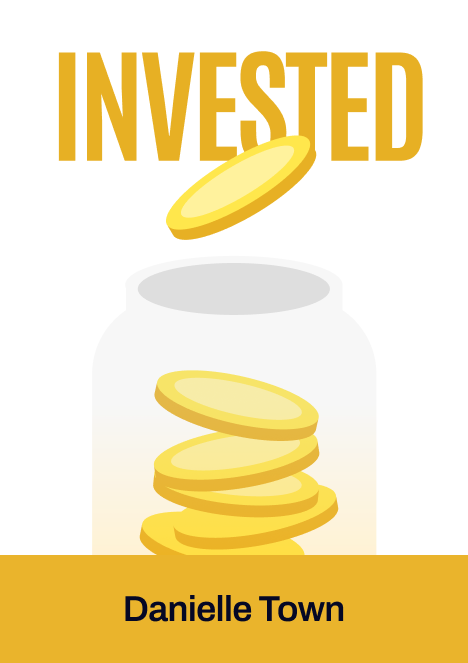Financial freedom has a meaning which is personal to each of us, which depends on the kind of life we dream of, and the objectives we set ourselves. Someone might wish for a debt- and mortgage-free future, while others might dream of reducing their working hours, or having the opportunity to transition from employee to employer. One thing that we all have in common, is the fact that we need to have ‘binocular’ lenses, one lense through which we can see what we are like today, in our current life, and another that can help us see how we will be in the future, in the life that we imagine for ourselves. Both these scenarios can be guaranteed by learning to manage our money.
Being capable of investing one’s own money does not only mean not having to pay a consultant, it also means breaking free of the misconception that saving is a (very conservative) form of investment. Inflation is the greatest enemy of saving: if we do not ensure that our savings increase at the rate of inflation, we are losing money without even spending it.
Encouragement to save money cannot be limited to simply not spending it: inflation makes the cost of living higher in the future, even if our habits don’t change between now and then. This means that if today we enjoy eating a meal in a good restaurant, and can afford to do so, it is not necessarily true that we will be able to continue doing so in the future: our money will certainly be worth less, so we will need more of it to be able to keep doing the same things.
On a macroeconomic level, inflation is considered by economists to be a positive force. According to studies conducted by the International Monetary Fund, a low and stable inflation rate creates a virtuous cycle of consumption, salaries and jobs; more jobs are created and salaries go up. However, if inflation increases beyond a certain level, buying power decreases, consumption falls and jobs are lost. This is where the value of our savings can erode. As far as the stock market is concerned, an increase in inflation has the opposite effect: stock prices generally increase with inflation because revenues and profits tend to increase.
